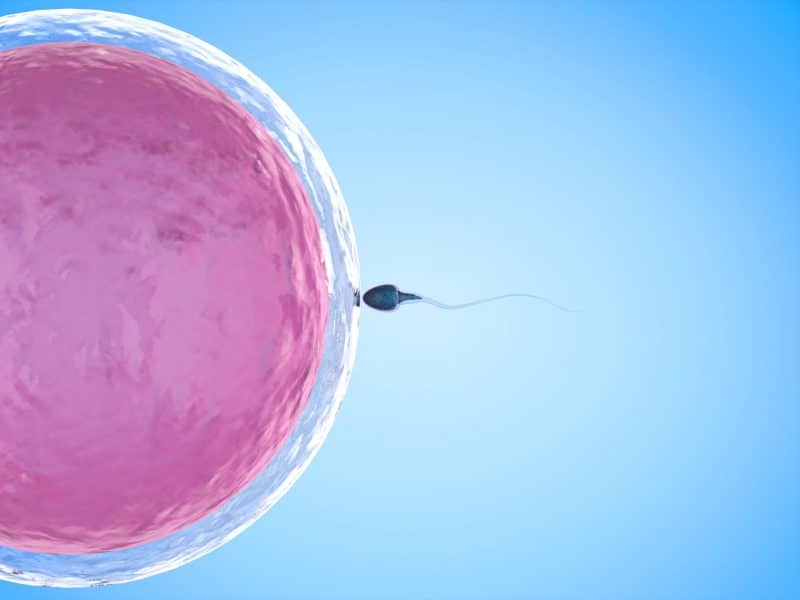Getting the Gift of Giving Birth
Conception depends on uniting a healthy egg with sperm, one of which fertilizes the egg and, if all goes well, results in the growth and implantation of an embryo in the mother’s uterus.

Assisted reproductive technology has made it possible for people who do not have healthy eggs or sperm to still conceive a child. There are pros and cons to this technology, but increasing numbers of people are choosing to build a family with donor eggs, sperm, or embryos.
Who Uses Donor Eggs, Sperm, or Embryos
Donor eggs or sperm can be used by heterosexual couples when the female partner does not have viable eggs or the male partner’s sperm is not of high enough quality or quantity to fertilize the female’s eggs. If both partners have fertility issues but they want to experience pregnancy and birth in building a family, they may choose to use donor eggs and sperm or donor embryos. Same-sex female couples or single females who want to have a child will need
donor sperm and IUI or IVF. If the female does not have viable eggs, she will require donor eggs in order to get pregnant. Same-sex male couples will require a gestational surrogate and donor eggs if they want to have a biological child. Donor sperm may also be their choice if neither of them has viable sperm.
What to Expect
If a heterosexual couple or a same-sex female couple are using donor sperm, they may be able to use IUI, intrauterine insemination. If IUI does not work for them or they have other difficulties conceiving, IVF may be a solution. Anyone who uses donor eggs will require IVF treatment in order to get pregnant. Same-sex male couples who want to have a biological child will need a gestational surrogate, who will undergo IVF treatment and receive the embryo created with a donor egg and sperm.Donor sperm costs about $1,000 per vial. IUI treatment costs about $1,000, not including the cost of any medication. IVF ranges in price from $12,000 to $20,000 per cycle, not including the cost of medication, which run about $8,000 to $10,000. The cost of donor eggs ranges widely and varies between fresh eggs and frozen eggs. The average cost of fresh egg donation is $38,000, which includes the cost of stimulation and retrieval. Fresh eggs generally cost more than frozen eggs. The cost of gestational surrogacy ranges from $90,000 to $130,000, depending on the state where it takes place.
Emotional Aspects
The emotions prompted by using donor eggs, sperm, or embryos depend to some extent on how both partners feel about having a child that is not biologically related to both of them, or in the case of donor embryos, to either of them. The cost of donor eggs and surrogacy is prohibitive for many people, as is the cost of IVF for others, since these procedures are generally not covered by insurance. Same-sex male couples who have the financial resources for surrogacy may opt to fertilize one donor’s eggs with sperm from each of the partners, so they can have more than one surrogacy and their children will be half-siblings. Same-sex female couples similarly may choose to use the same sperm donor and each pursue conception, so their children will be half-siblings. But these are not easy decisions to make, and they have difficult implications for a couple’s relationship.
 Assisted reproductive technology has made it possible for people who do not have healthy eggs or sperm to still conceive a child. There are pros and cons to this technology, but increasing numbers of people are choosing to build a family with donor eggs, sperm, or embryos.
Assisted reproductive technology has made it possible for people who do not have healthy eggs or sperm to still conceive a child. There are pros and cons to this technology, but increasing numbers of people are choosing to build a family with donor eggs, sperm, or embryos.


